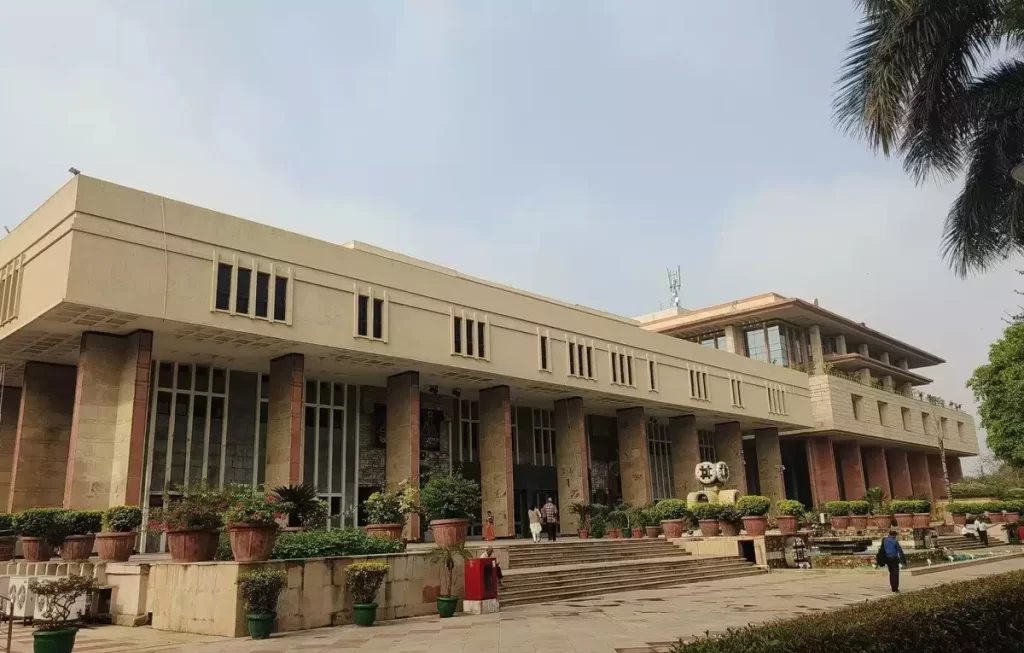Jahanvi Agarwal
The Delhi High Court on 6th January 2024 emphasized that the absence of a law criminalizing adultery does not grant individuals unrestricted immunity to marry someone else while their first marriage is still valid.
Justice Swarana Kanta Sharma clarified that the lack of a specific law against adultery does not permit clandestine second marriages during an existing marriage, followed by the argument that the first partner must prove the second marriage’s validity with essential rites and ceremonies.
The court expressed concern that the inability of one spouse to prove the performance of saptapadi (a Hindu marriage ritual) by the other during a second marriage, especially when done secretly, should not be exploited to evade legal consequences.
The judge asserted, “Such smart maneuvers should not be allowed to compromise the principles of fairness and justice.”
Acknowledging the difficulty in proving second marriages conducted in secrecy, the court highlighted the impracticality of expecting a wife to demonstrate every ceremony of her husband’s second marriage, especially before issuing summonses.
The court emphasized that such a burden on a woman would be cumbersome, considering the clandestine nature of second marriages during the subsistence of an earlier marriage. The observations were made in a case where a woman challenged a Sessions Court judgment that set aside a magistrate’s court summoning her husband, his alleged second wife, and his parents under Section 494 of the Indian Penal Code (IPC), which criminalizes bigamy.
The petitioner presented income affidavits, a wedding photograph, and the birth certificate of a child born from her husband’s alleged second marriage as evidence. In response to the case, the High Court overturned the Sessions Court order, upholding the magistrate’s decision to summon the accused.
The judgment clarified that expecting a woman to prove every detail of her husband’s second marriage during the summoning stage would be impractical and unfair. The husband, the alleged second wife, and the husband’s parents were represented by various advocates in the case.

